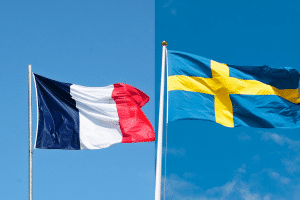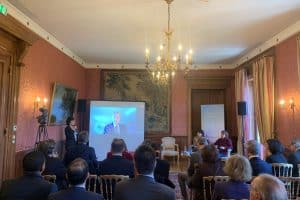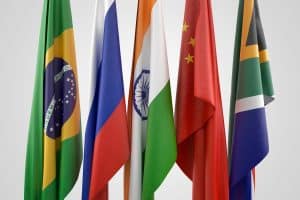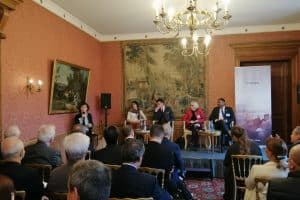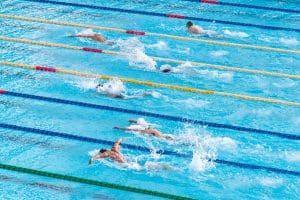PIIGS from one crisis to another: dependency, endurance and influence
To shed light on the dynamics that are currently redefining the planet’s geopolitical landscape, this tripartite study undertakes to analyse the operation of the BRICS+ and PIIGS groups of countries, their heterogenous make-up and their importance in international relations, while comparing them to devoted multilateral structures. Following an initial consideration of BRICS+, this second part will be dedicated to PIIGS. After recalling the origins of the group, it will explore the economic and political challenges faced by these countries, focusing in particular on the issues linked to the stability and operation of the EU. We will illustrate our point using some of the measures obtained recently by this group from the Institution (for example, the post-COVID European recovery policy).



